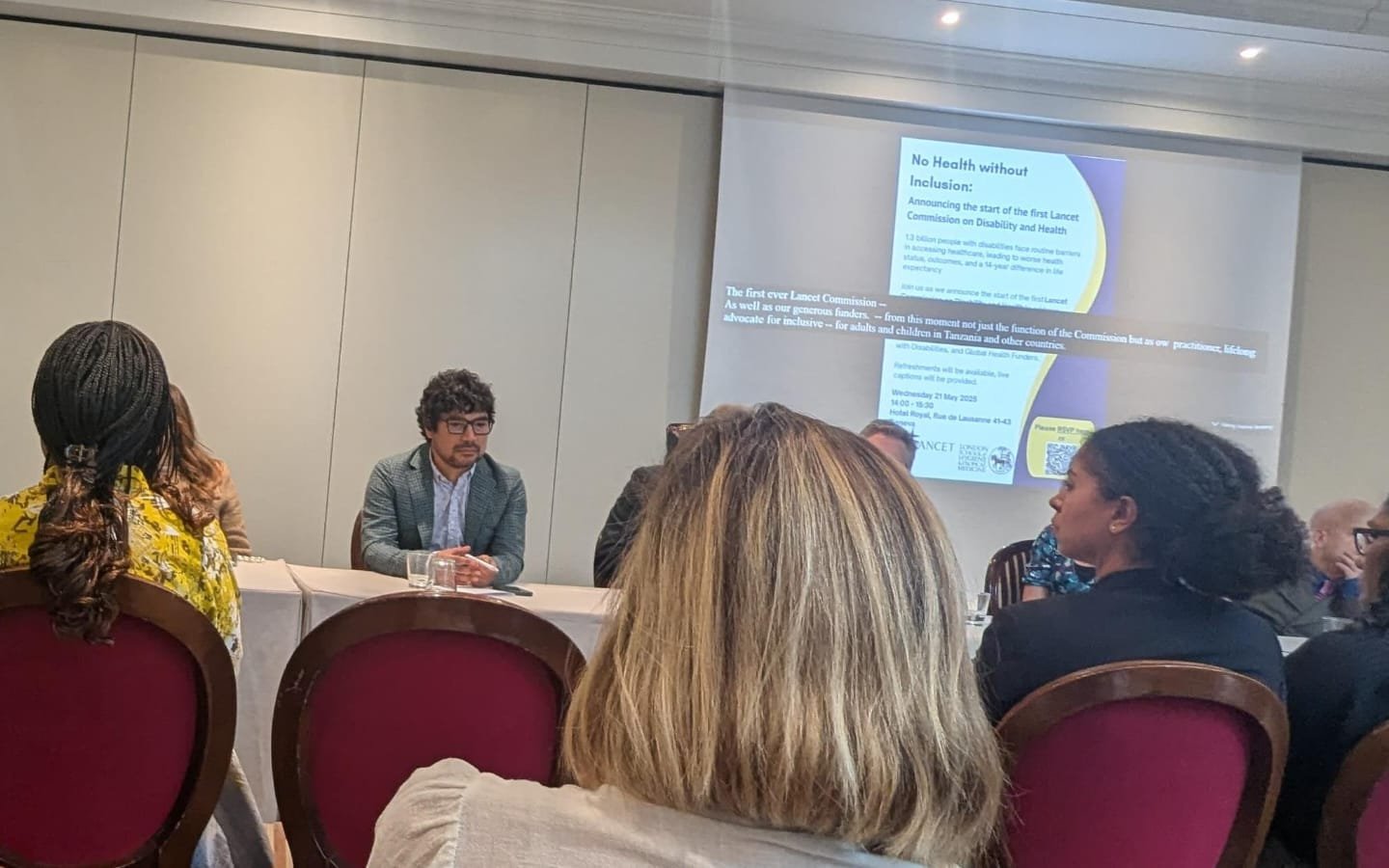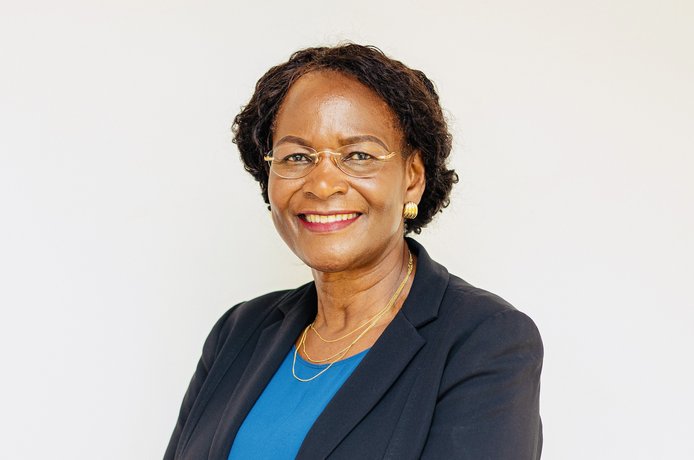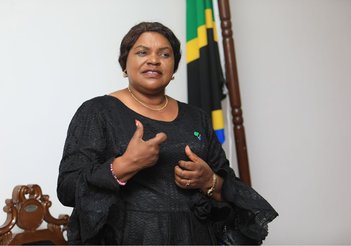A new Lancet Commission on Disability and Health was officially launched at a side event during the 78th World Health Assembly in Geneva. Co-chaired by Uniting to Combat Neglected Tropical Diseases (NTDs) Board Chair Dr Winnie Mpanju-Shumbusho, Professors Hannah Kuper and Tom Shakespeare (London School of Hygiene and Tropical Medicine), the Commission marks a significant step toward informing the development of health systems that are more inclusive and equitable for the 1.3 billion people living with disabilities worldwide.
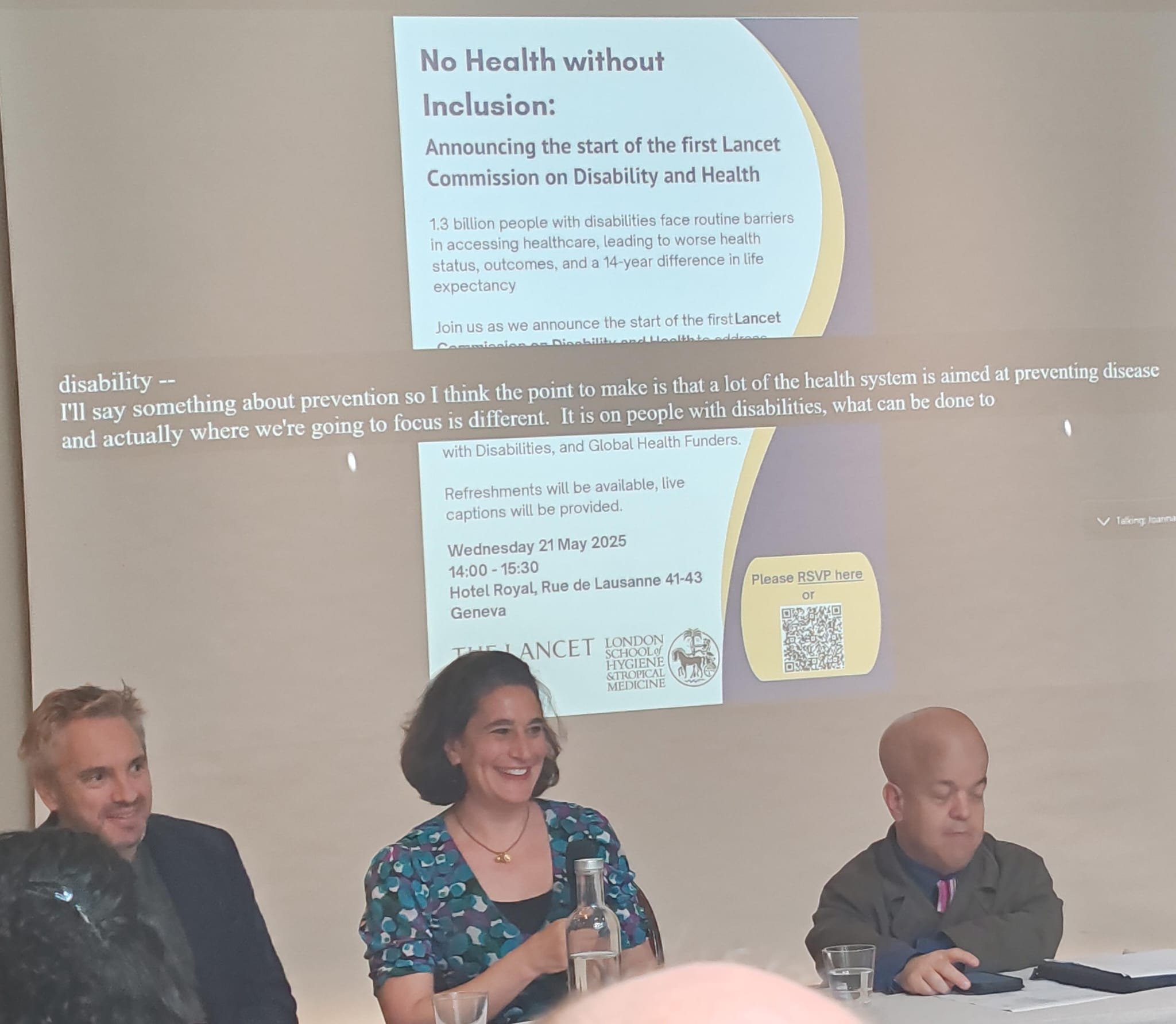
Held at the Hotel Royal under the theme “No Health without Inclusion”, the event gathered global health leaders, funders, and representatives from organisations of persons with disabilities (OPDs) to signal the start of this two-year initiative. The Commission will focus on generating high-quality, actionable evidence to improve health system responses to disability and influence policy and practice globally.
Dr Mpanju-Shumbusho addressed the event with a powerful call to action.
“We must move beyond seeing disability as simply a medical issue and begin treating it as a matter of social and economic equity, human rights, and inclusive development.”
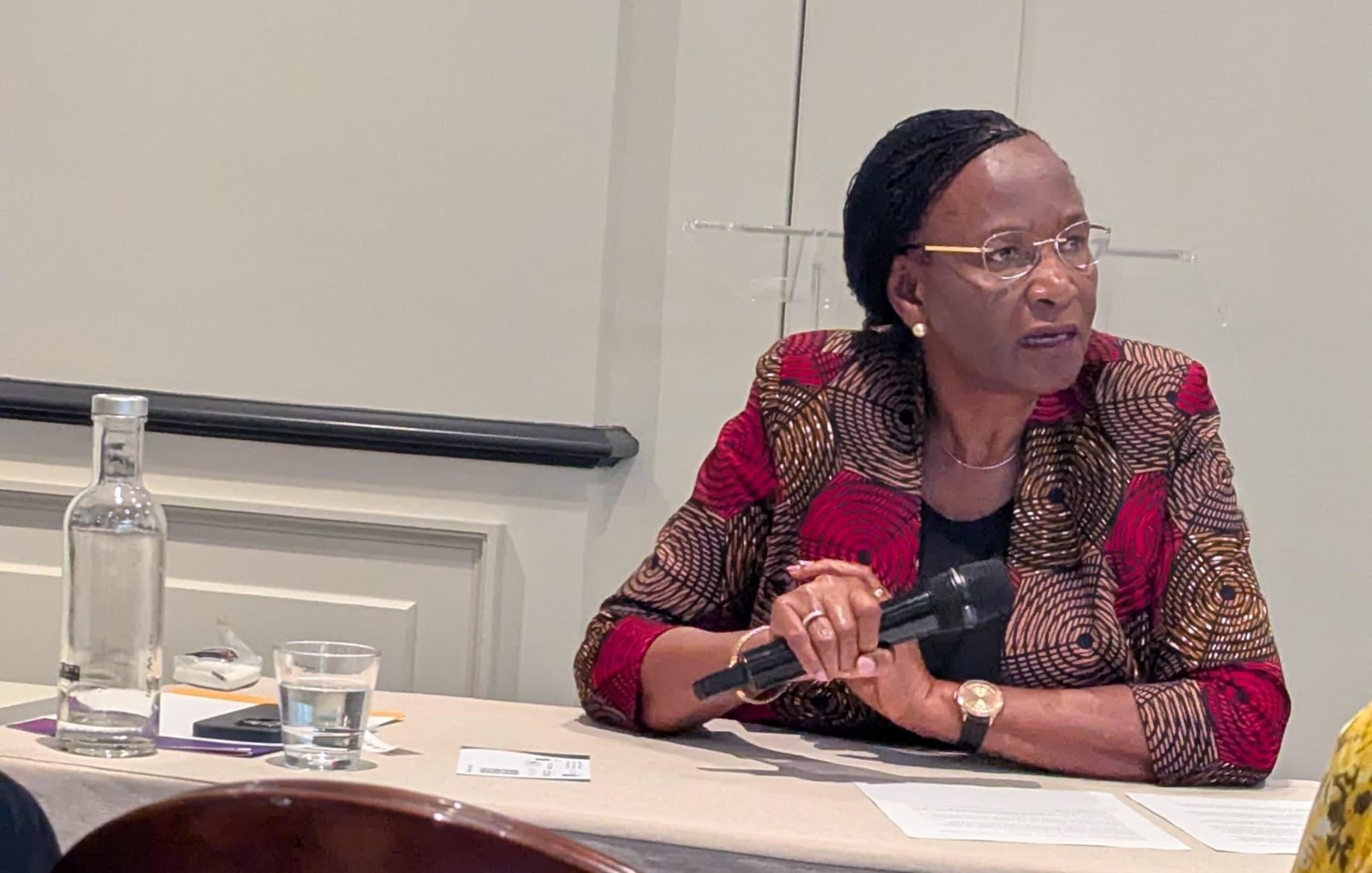
Drawing on her experience in global health, including HIV, tuberculosis, malaria and NTDs, Dr Mpanju-Shumbusho highlighted the persistent neglect of disability in health systems, especially in low-resource settings. She emphasised that too often, people with disabilities are “not counted, their voices not heard, and their potential too easily dismissed”.
Backed by The Lancet, the Conrad N. Hilton Foundation, and the UK’s Foreign, Commonwealth and Development Office, the Commission is designed to ensure the uptake of research through a robust strategy of dissemination and engagement.
“This is not just a statistic. It is a call to action,”
Dr Mpanju-Shumbusho said, referencing the 14-year life expectancy gap faced by people with disabilities.
“We must challenge outdated assumptions and ensure that our health systems work for everyone, not just the healthiest or most privileged.”
As the Chair of the Uniting Board, Dr Mpanju-Shumbusho also underscored the relevance of the Commission to NTDs, noting how many NTDs lead to avoidable disability and poverty. She described the Commission as a moral and economic imperative and urged greater visibility, partnership and investment to address the systemic barriers facing people with disabilities.
“This Commission will not do this work alone. We will partner widely, we will listen deeply, and we will advocate boldly.”
The event closed with a renewed commitment to ensuring that global health includes everyone, regardless of ability. The Commission will now begin its research phase, with findings expected to influence national and global strategies in the years to come.
